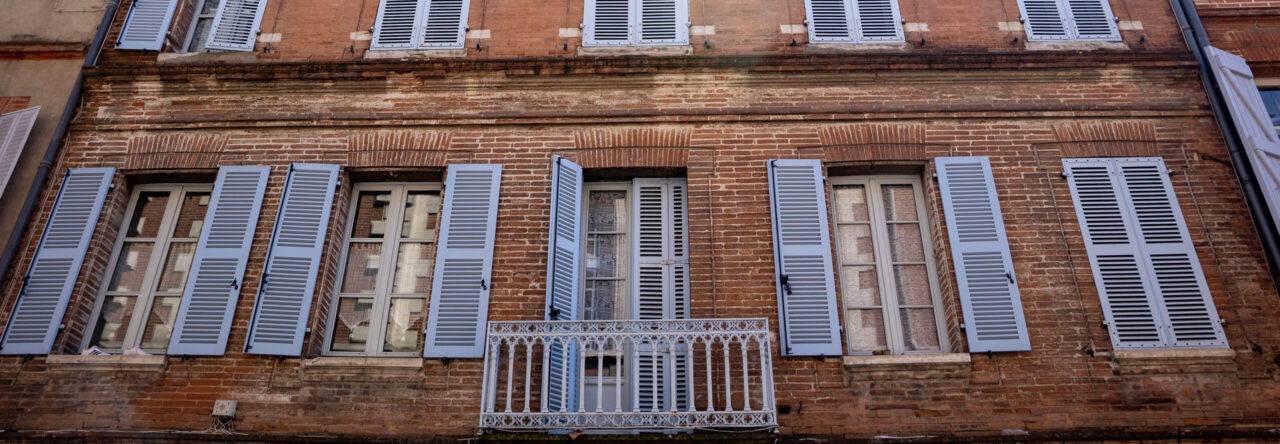Editors: Elizabeth and Titi.
Does a Romantic France Exist? This is the big question of a large amount of students from Dickinson.
One student expressed her sentiments on the question by saying, “Before my trip here and trips within France, I absolutely kept an image of France like a country totally in rose [colored goggles], where everybody is in love and it rains baguettes.” In addition, we also thought that France was a country where the social aspect of politics was more to the left. Due to our education style in America, and the representations of France in the media, we also thought that the France was filled with art, large cathedrals like Notre-Dame in Paris, grand intellectuals, and Parisian style. The most significant example is the fact that we have an obsession with Paris, French fashion, the French language, and the French people – for example, take the fact that a lot of American women find the accents of French men to be very beautiful and romantic.
A French Racism and an American Racism?
In France, we often hear discussions around social inequalities rather than racism and discrimination. People often differentiate between American racism and French racism. But it is necessary that one understand that the ideology of racism was not only created in the U.S. Racism is just one of the many consequences of individuals using religion for their own selfish ambitions across the globe – it is the reason why Europeans sought to discover the world, because they believed it was their right to conquer unbelievers. This not only signifies that racism exists in France, that is why French racism seems to be different than that of the U.S. Many of the students at Caousou said that racism is not one of the topics incorporated into the curriculum they are taught. We can guess that this is because of the lack of statistical data concerning the representation of race and or ethnicities and religious groups found in the French population and on French soil and the conversations related to these details, hence why there are more evident examples of racism. At the Musée de l’homme in Paris, there were short general definitions of racism without solutions or new ideas. The problem with this kind of exposition is that it infantilizes the public without helping them to reflect and think deeply about their respective actions. Perhaps the reason there are, what one can consider, review definitions of racism is because there are not enough conversations about it in schools. In our opinion, it is important to have conversations about racism.
What is “European Hair?”
In particular, the experience of a Nigerian-American female student from Dickinson at a French hair salon opened our eyes to a different reality than that of the majority of students on our Dickinson program. Three weeks ago she went to the hair salon to get her hair blown out. She called the hair salon before going to find out if they did natural afro-black hair and they responded to her saying that they do. When she arrived to the hair salon, she was not welcomed to the salon and she ended up going home without having her hair done because they did not know how to do natural afro-black hair. She told us “One of the many comments the hairdresser made before I left the salon, was that “afro hair is too complicated to teach to our students, so if they want to learn about it they’ll have to do a special program after receiving their diploma here… We do European hair.”” Hence, the question of the day is: what is European hair?
Religious Identity and Secularism
France historically is Catholic, which you can see from the presence of Catholic holidays. It still remains a country fundamentally Catholic, but which calls itself “secular.” A more specific aspect is the physical presence of the Church and its effect on French daily life. The French are not just Atheists and Catholics, but also Muslims, Jewish, Protestants, Buddhists, etc. So a student met a man at a bus stop and he began to discuss at random with him. He recounted, “Almost immediately during our conversation, the man identified himself as being “rebeu” [this is a slang word to describe the third generation of the large wave of North African immigration in France] and that he was ex-French military. We talked about his military career and a few minutes later he asked me:
“Are you feuj?”
“Huh?” I responded.
“Feuj” he repeated.
“What does that mean?” I asked him.
“Feuj! Jewish!” He retorted to me. “You look a little Jewish!”
On paper, “laïcité” is meant to guarantee the republic equality in the government and in society as a whole. However, in the discussions that we have today it is clear to us that there is always a debate on the definition of this concept of “laïcité” and how it is being practiced in French society.
So… does the romantic conception of France exist? Yes and no. France is a more complicated country to understand than others for Americans who hold a very naïve perception. There are social challenges that are impressive according to the feedback from students who are living in Toulouse for a semester, because their approach to Toulouse life isn’t only that of an observer, but also that of an ethnologist. The students on the program have marking experiences during their daily life that open their eyes to the reality of French society.

Leave a Reply